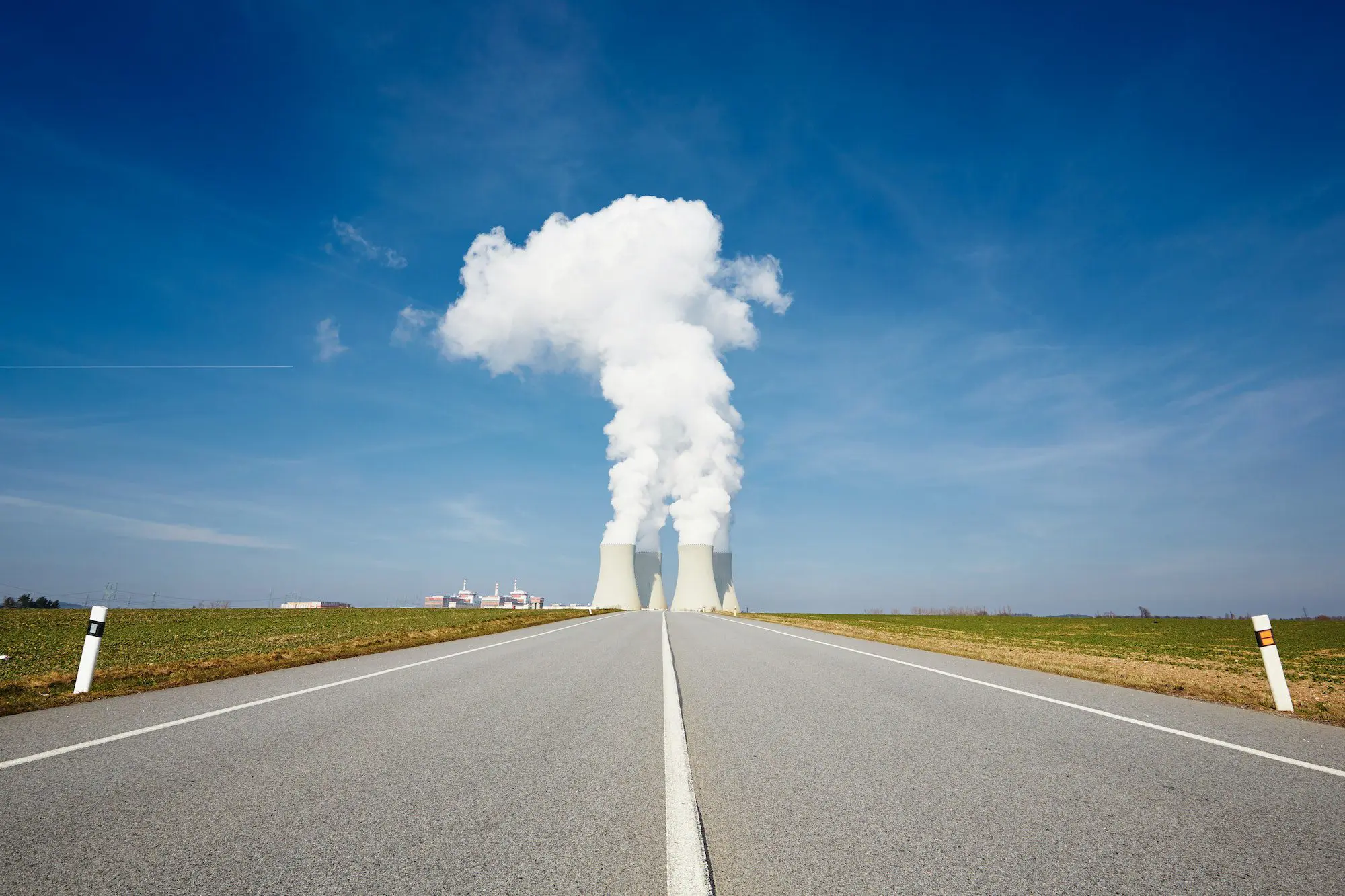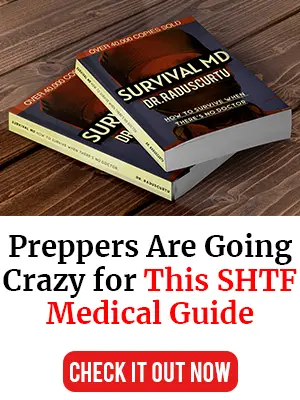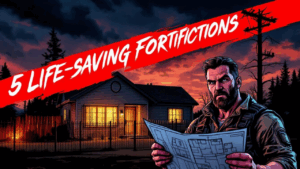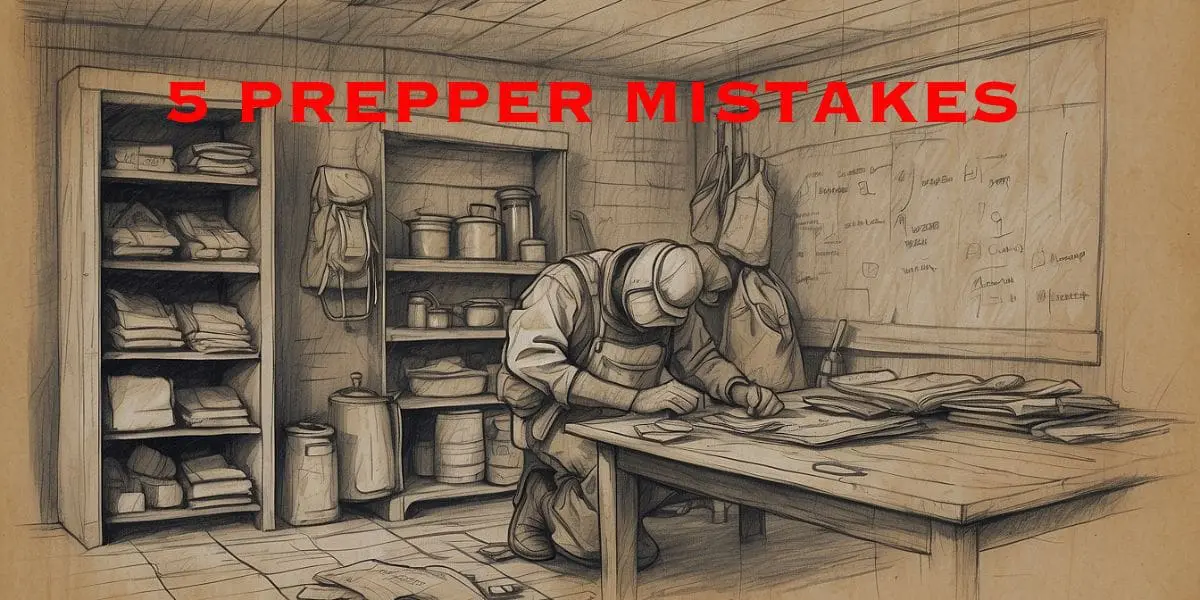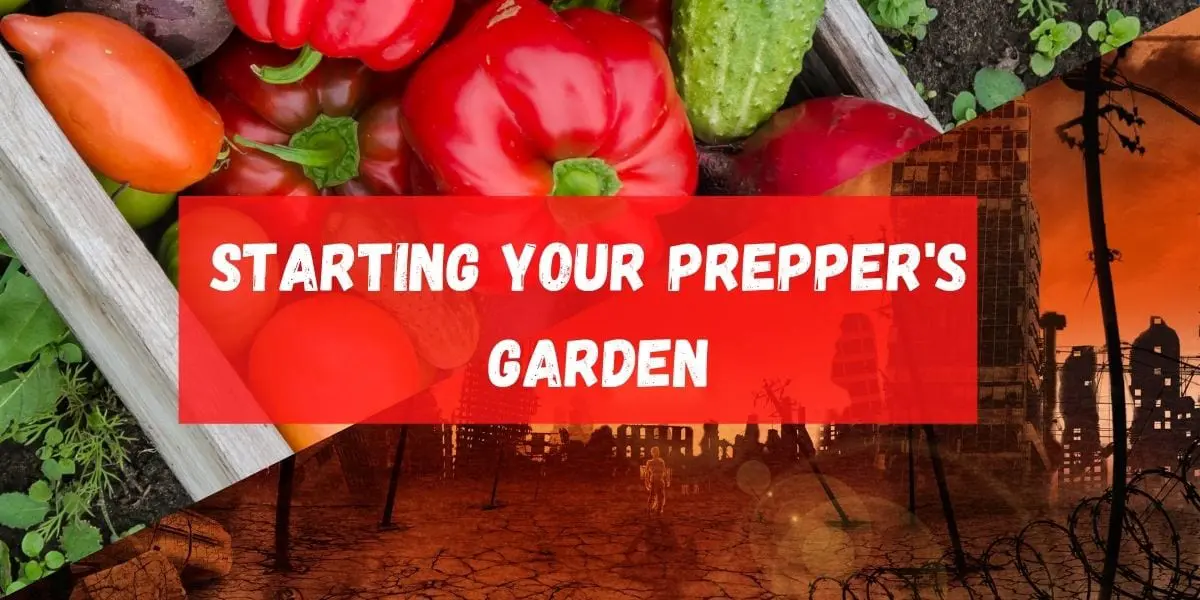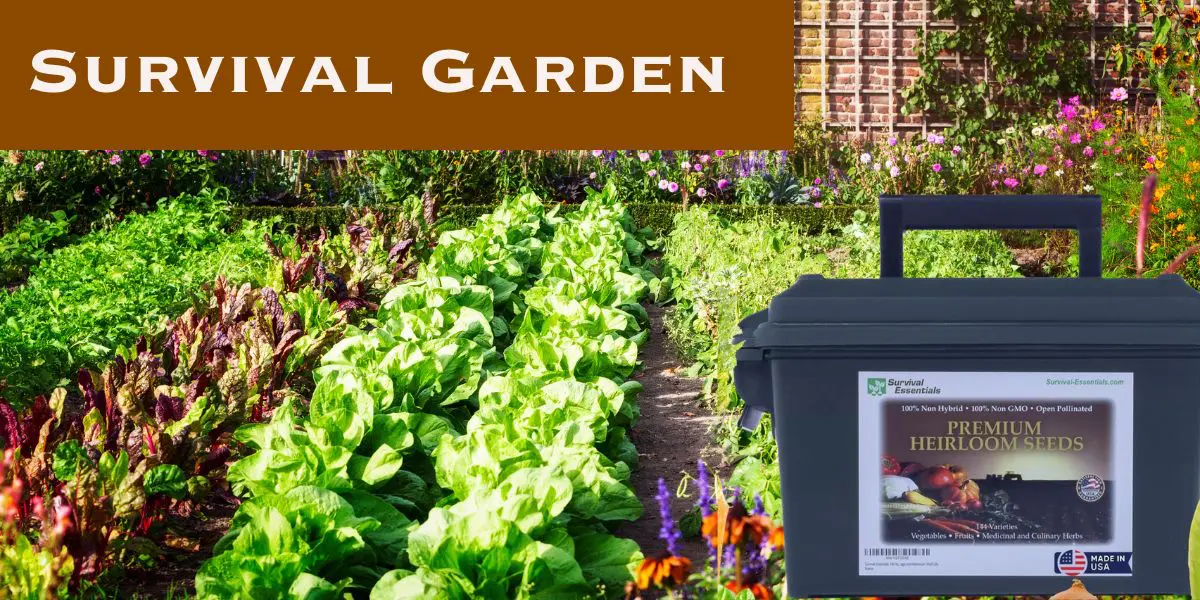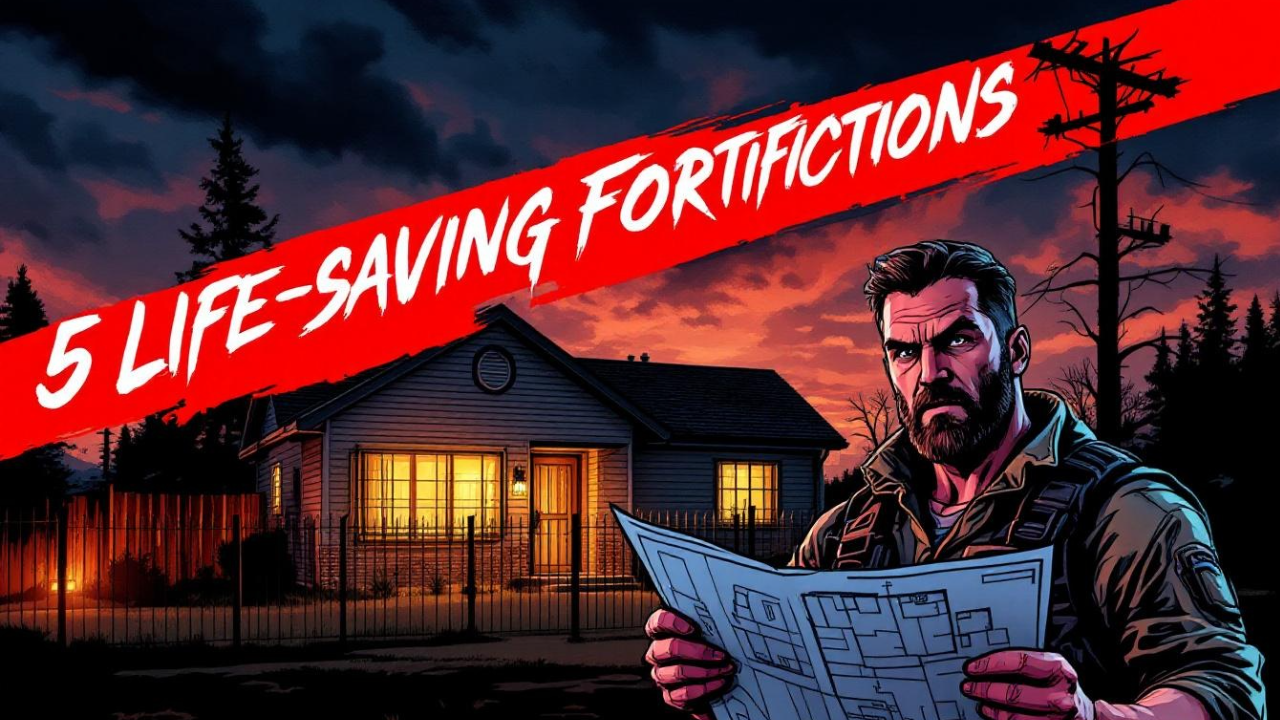
In the realm of prepping, being prepared for worst-case scenarios is paramount. One such catastrophic event is a nuclear meltdown, which can have devastating consequences. As a prepper, it is crucial to arm yourself with actionable strategies to navigate through this perilous situation successfully. In this article, we will present you with 7 practical tips that will empower you to survive and thrive during a nuclear meltdown. I personally live in an area that is close enough to a Nuclear Power Plant that should it melt down the fallout would reach us and as such have incorporated the potential into our preps. It should go without saying that you should ideally have an evacuation route planned along with a general plan in place to react to the news of such an event. This article is provided under the assumption that evacuation is no longer an option.
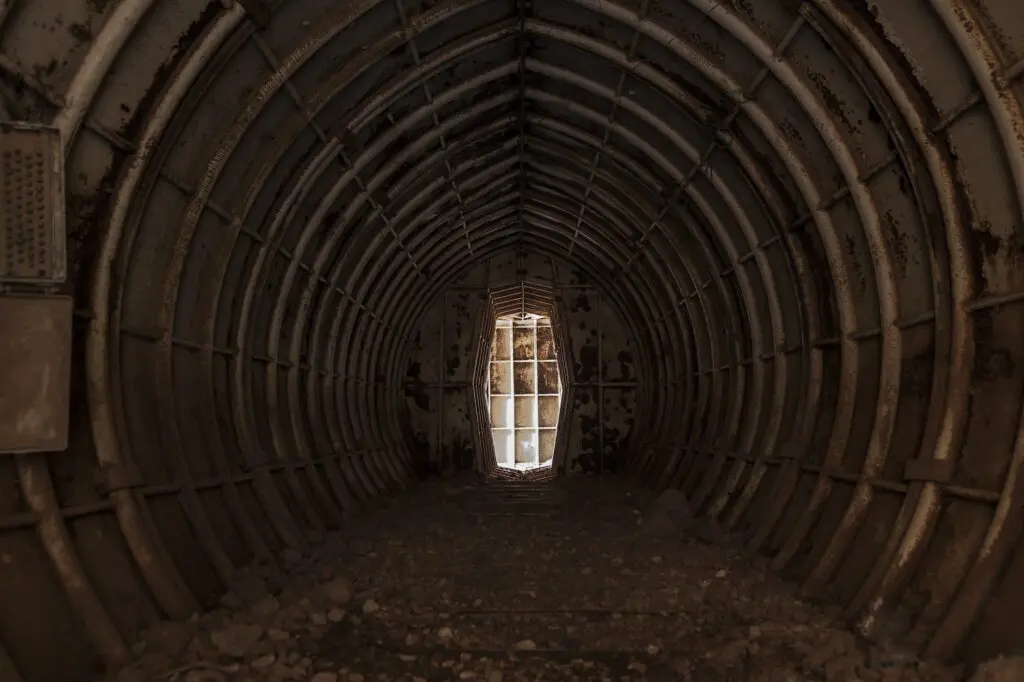
Establish a Sturdy Shelter
The key to surviving a nuclear meltdown is finding a secure shelter that can shield you from radiation. Consider building an underground bunker or fortifying an existing structure to minimize exposure. Reinforce walls, floors, and ceilings with radiation-resistant materials like concrete and lead. Ensure proper ventilation and stockpile essential supplies within your shelter for an extended stay.
Free Radiation Shelter Checklist – Click Below
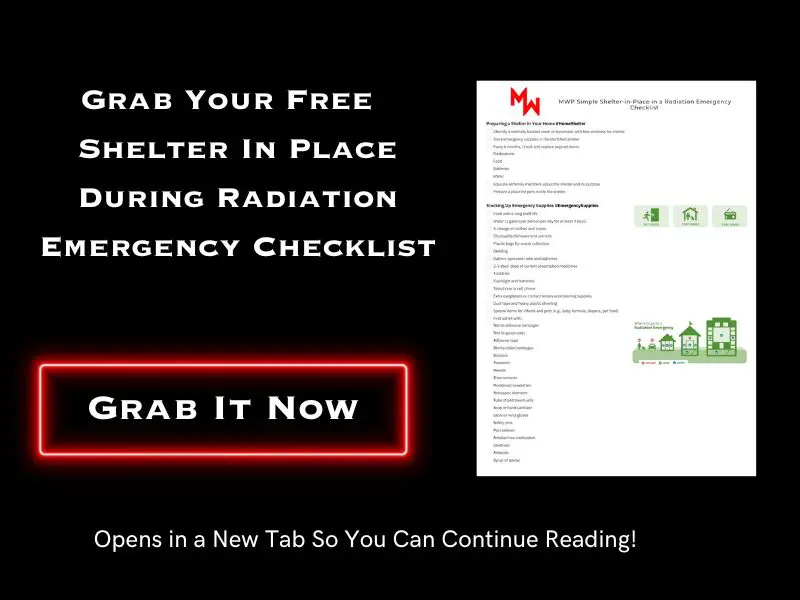
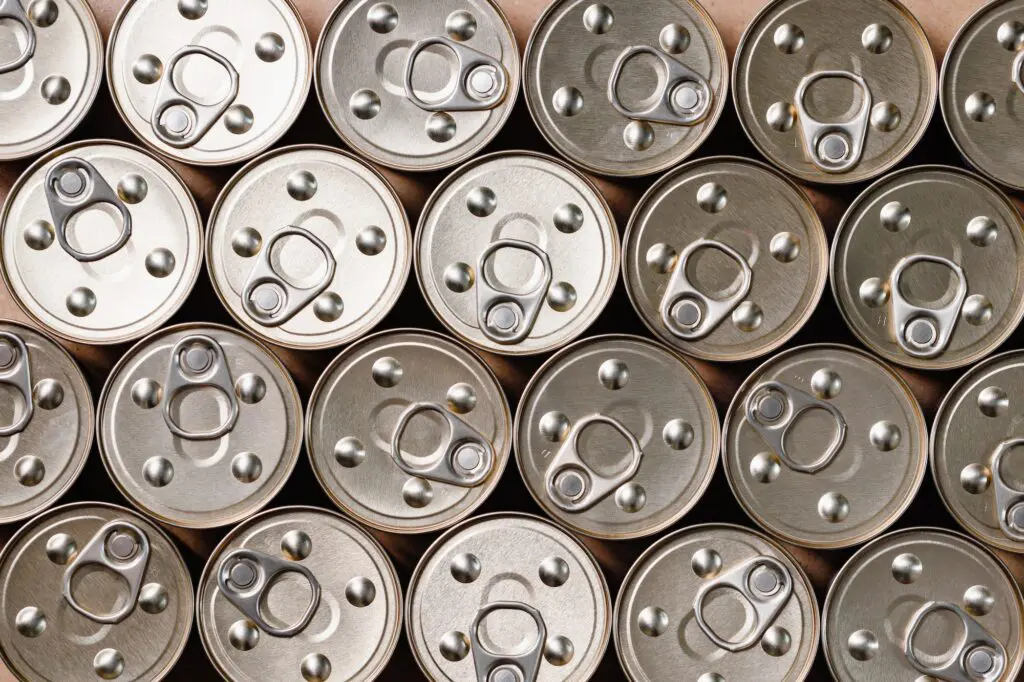
Stockpile Essential Supplies
Prepare an ample supply of food, water, and other essential items that can sustain you and your loved ones during the aftermath of a nuclear meltdown. Opt for non-perishable foods, such as canned goods, freeze-dried meals, and long-lasting staples like rice and beans. Store water in durable containers and consider investing in water purification systems to ensure a safe drinking supply.
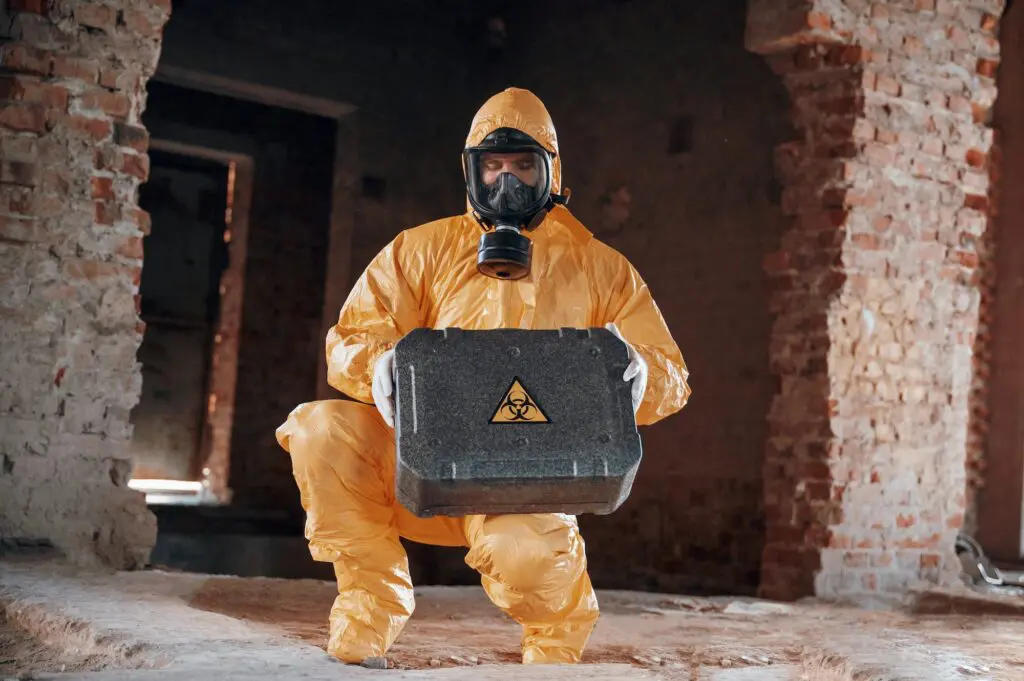
Invest in Protective Gear
Shielding yourself from radiation is paramount during a nuclear meltdown. Acquire protective gear, including gas masks, hazmat suits, gloves, and boots. Choose a filter appropriate such as the NBC-77 SOF filter. These items will safeguard you from inhaling or coming into direct contact with radioactive particles. Additionally, include potassium iodide tablets in your emergency kit to protect your thyroid gland from radioactive iodine.

Plan an Escape Route
While sheltering in place is often the best strategy during a nuclear meltdown without enough notice of the event, having a well-thought-out escape plan is crucial. Identify multiple evacuation routes that lead to safe zones, away from high-risk areas and potential fallout zones. Familiarize yourself with alternative transportation options, such as bicycles or off-road vehicles, in case roads become impassable.
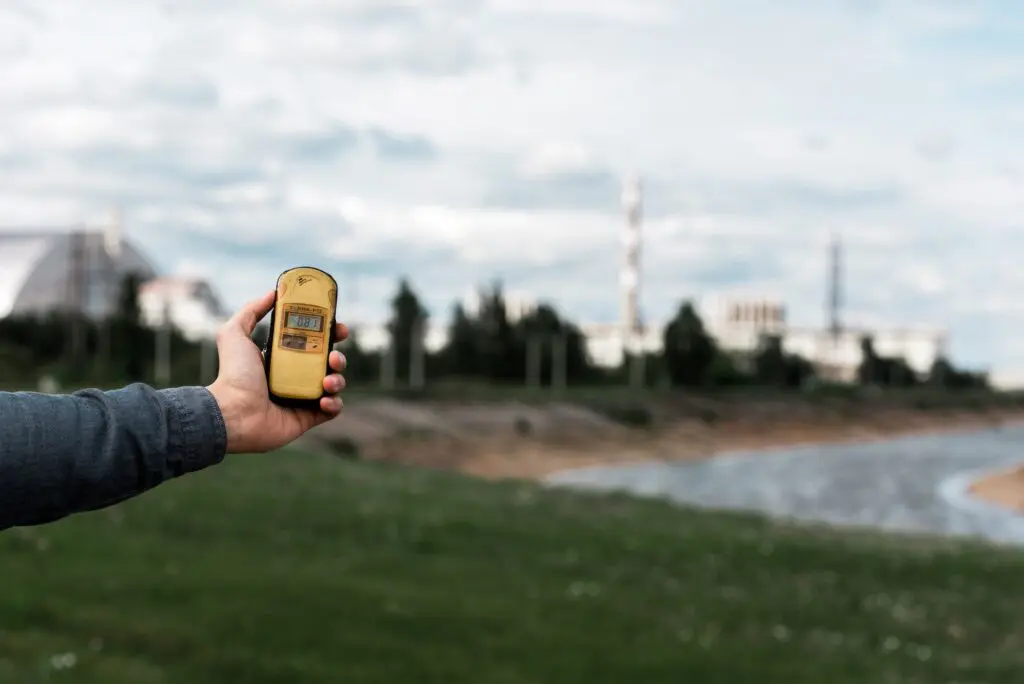
Learn to Detect Radiation
Equip yourself with devices to measure radiation levels accurately. Geiger counters and dosimeters are essential tools for monitoring radiation exposure. Learn how to operate these devices effectively and regularly assess radiation levels in your surroundings. This knowledge will help you make informed decisions about when to venture outside your shelter or if it’s safe to consume local food and water resources.

Educate Yourself
Expand your knowledge about nuclear meltdowns and their aftermath. Understand the risks associated with radiation exposure, the signs of radiation sickness, and the long-term effects. Stay updated on government guidelines and protocols for dealing with nuclear emergencies. Educating yourself will enable you to make informed decisions, adapt to changing circumstances, and protect yourself and your family effectively.

Foster a Prepper Community
Building a network of like-minded preppers is invaluable during a nuclear meltdown. Collaborate with fellow preppers in your area to share resources, knowledge, and skills. Establish communication channels, such as radios, to stay connected in case traditional communication methods fail. By fostering a strong prepper community, you can pool your strengths, support one another, and increase your chances of survival.
Surviving a nuclear meltdown requires thorough preparation, a vigilant mindset, and the right set of skills and resources. By following these 7 actionable tips, you can enhance your chances of surviving and thriving in the aftermath of such a catastrophic event. Remember, being a prepper means being proactive and adaptable. Stay informed, stay prepared, and stay safe.

